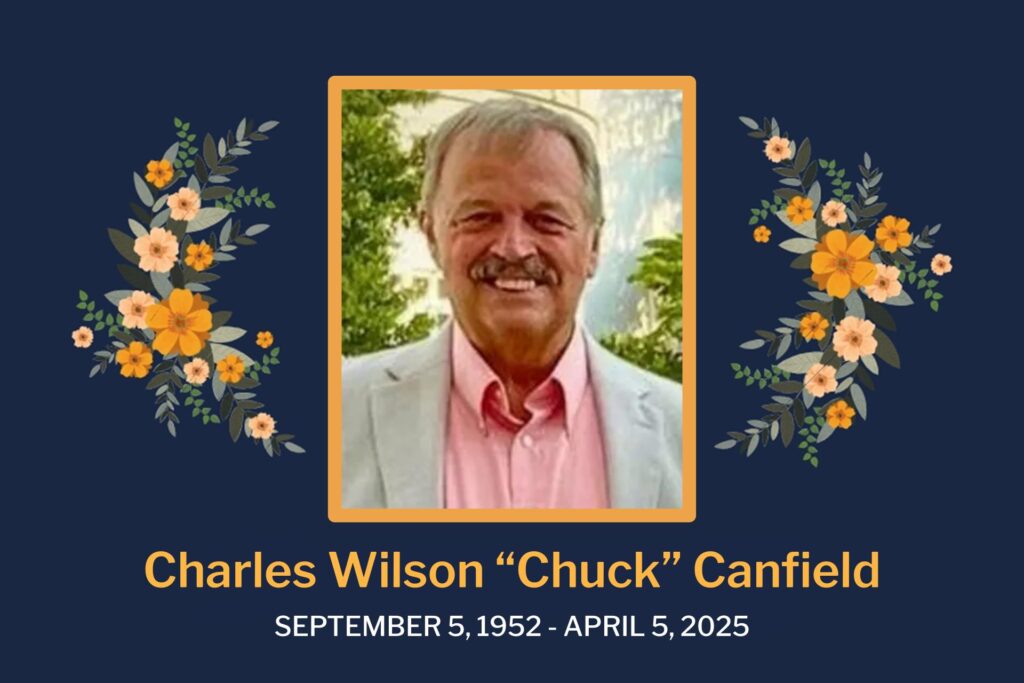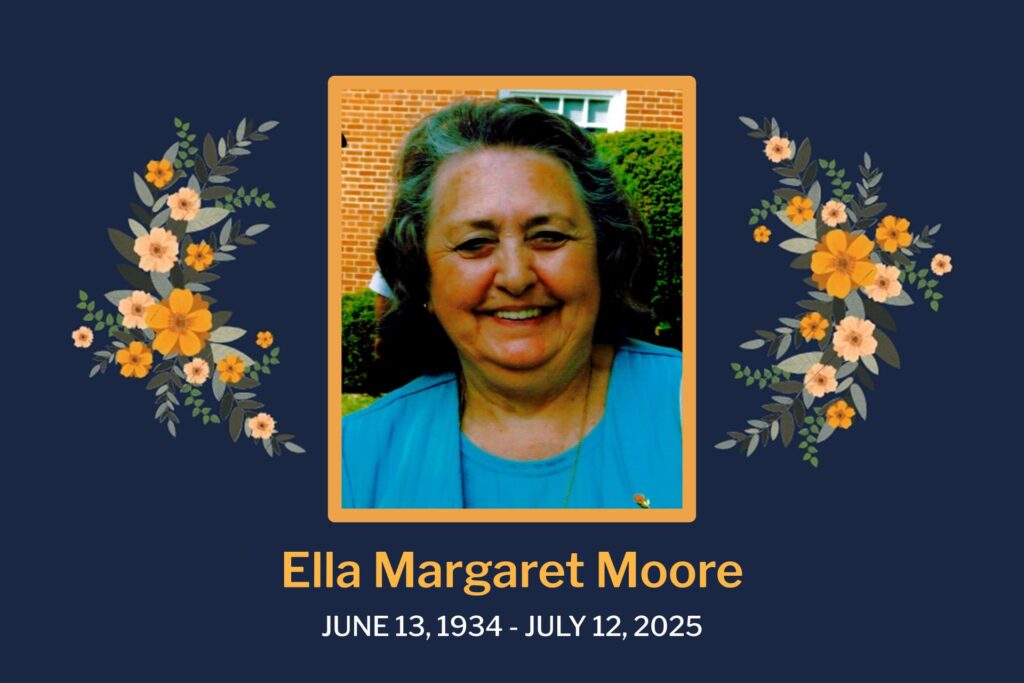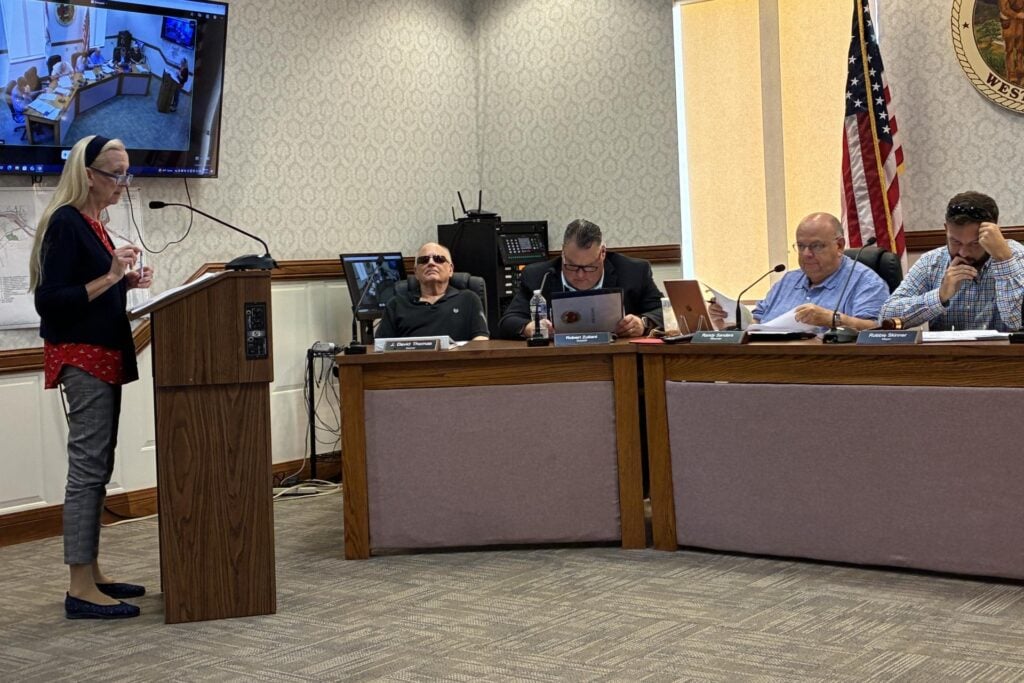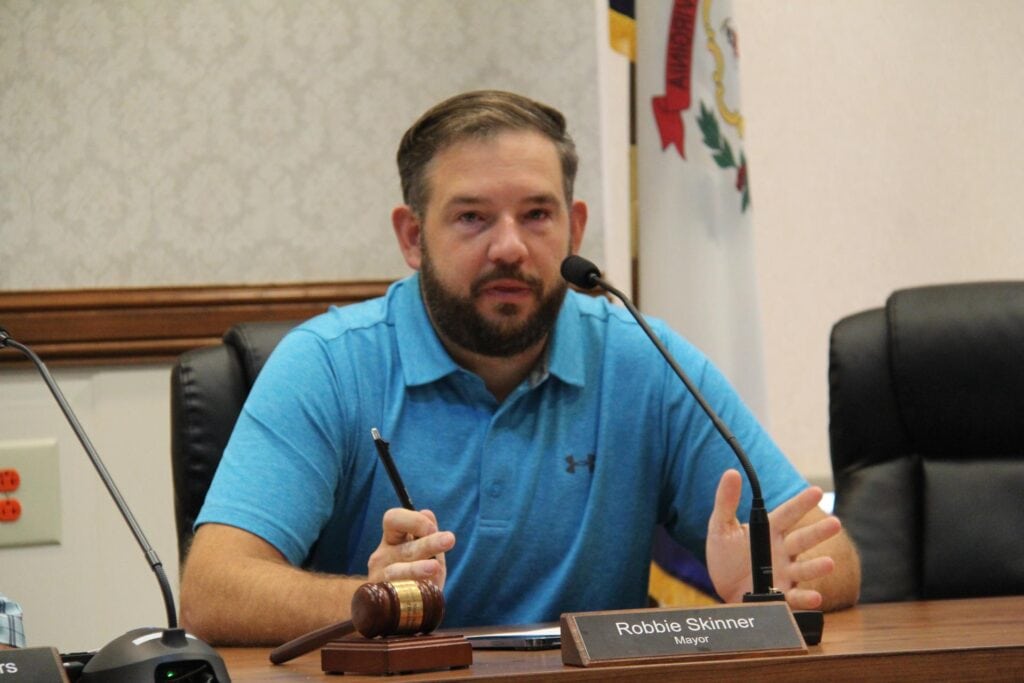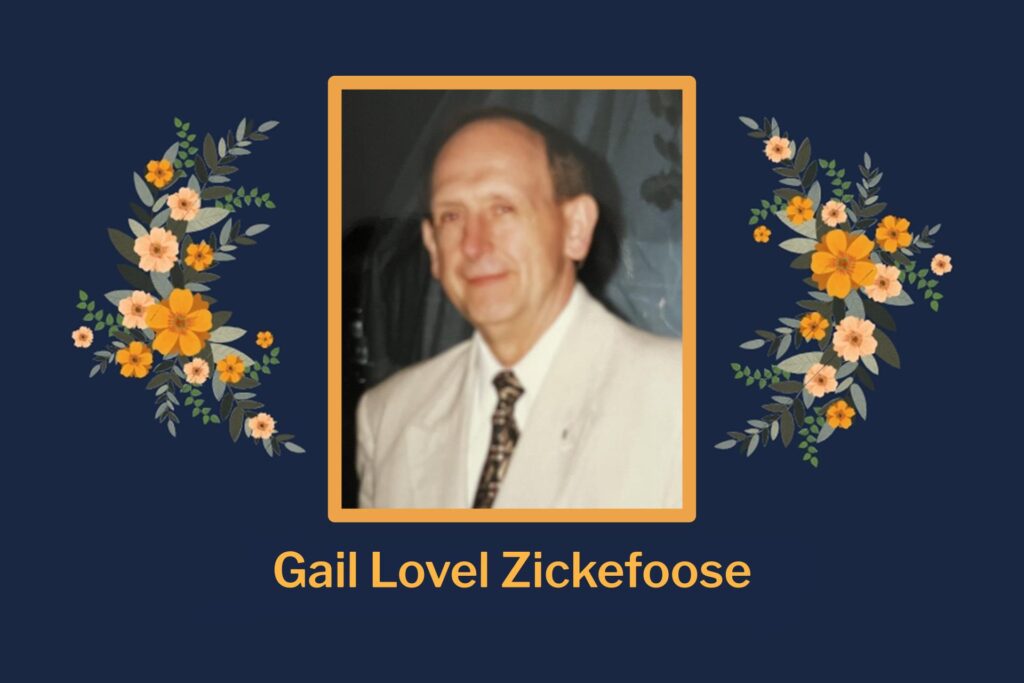BUCKHANNON – The Rotary Club of Buckhannon-Upshur learned about hospice care and the role it plays in preparing patients – and their family members – for late-term care.
Secretary for the Hospice Council of West Virginia Mary McCartney spoke during the Dec. 7 Rotary meeting to discuss the goals of hospice care.
“I know when you hear the term hospice, for a lot of people it strikes fear in your heart,” McCartney said. “For me, I believe hospice is about family care, comfort, dignity, and living each day we have left to the fullest.”
“Hospice affirms life and neither hastens nor postpones death,” she added.
She said hospice care is designed to make patients as comfortable as possible.
“Choosing hospice is not about giving up. It truly means the exact opposite,” McCartney said. “Hospice is all about ensuring that a patient is as comfortable and happy as possible in the final days of their life. Hospice redefines hope; if a person’s illness can no longer be cured, they can redirect their hope into mending and restoring relationships; spending quality time with those they love; and finding peace and comfort.”
Hospice care also tends to the patient’s needs beyond physical comfort.
“Hospice provides a holistic approach. We care for patients’ physical, spiritual, emotional and psychological needs and also the needs of the family as well,” McCartney said. “A team approach is used under the direction of our medical director and the rest of the interdisciplinary team. That team includes doctors, nurses, social workers, certified nursing assistants, chaplains, bereavement counselors, volunteers, the executive director and therapy providers.”
McCartney said there is a misconception that hospice care is only meant for patients with cancer.
“We join together at least every two weeks, and after every admission, we talk about the patient’s plan of care,” McCartney said. “Hospice isn’t just for cancer patients; in fact, about half of hospice patients do not have cancer at all, but other terminal medical conditions such as dementia, heart disease, liver disease, kidney disease, neurological [conditions] and lung disease as well.”
Hospice care patients must meet a certain criteria to be admitted and stay in hospice, she explained.
“Centers for Medicare & Medicaid Services has set up specific criteria that a patient must meet, and the physician must sign what we call the ‘Certification of Terminal Illness’ for a patient, which briefly states if the disease process follows the normal course, this patient could have a six-month prognosis,” McCartney said. “The Medicare Hospice Benefit is an inclusive benefit, in which all services that are related to terminal illness are covered up to 100 percent by Medicare Part A. Hospice services are also covered by many insurances, but co-pays and deductibles may apply.”
McCartney said hospice care is designed to help terminally ill patients find relief as their illness continues.
“Hospice exists in the hope and belief that through appropriate care, and the support that is sensitive to a hospice patient’s unique needs provided by trained staff, that terminally ill patients and their families may be free to attain a degree of mental and spiritual preparation for their journey from this life into the next,” McCartney said.
The biggest struggle hospice has been facing is a lack of nurses.
“Unfortunately, our biggest need is staff. Nursing shortages have hit us rather hard this summer,” McCartney said. “We’ve had multiple travel nurses in, and we expect they’ll be back after the first of the year as well. I have very solid staff that works very, very hard, but it’s truly about manpower at this point.”
Hospice is also always looking for volunteers to perform non-medical tasks with patients.
“Volunteers are what we call ‘hands off,’ which means they can come in for companionship,” McCartney said. “A lot of them go in and read the Bible, and we have veteran volunteers that go in to work with our veteran patients as well. There’s always a unique bond between our veteran volunteers and our patients. A lot of it is just socialization and activities such as puzzles – things like that – and it does make a big difference.”
To learn more about volunteering in hospice care settings, click here.



